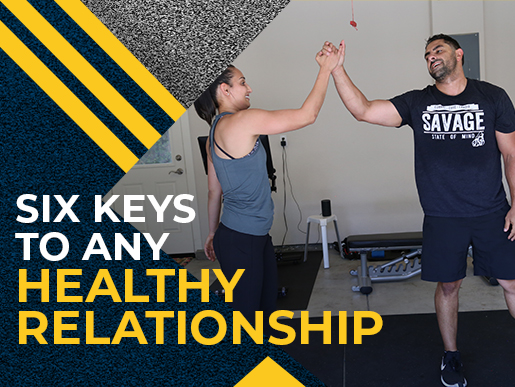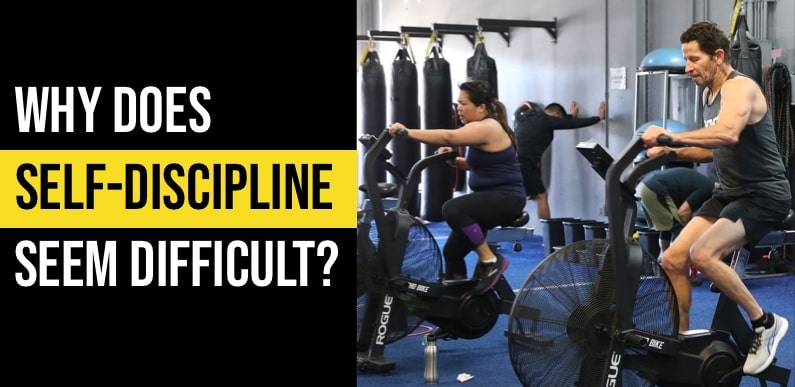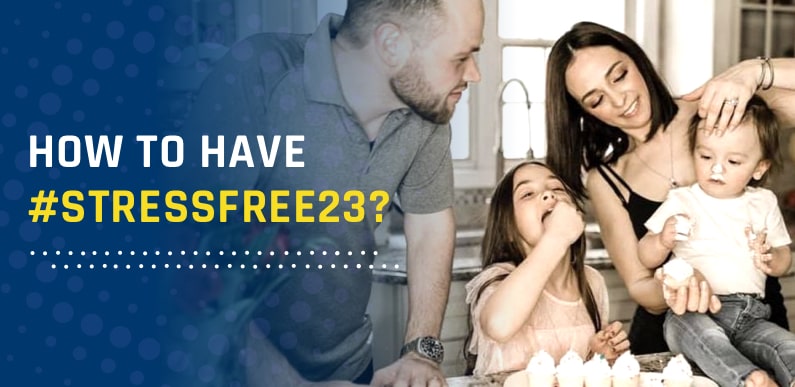It’s Valentine’s week, so relationships everywhere are being celebrated. Hopefully, everybody was satisfied with their gifts and date nights. If not, you may need some help with damage control.
The tips in this blog are good keys for any relationship. They apply to friendships, work relationships, family relationships, and romantic relationships.
Here are six keys to any healthy relationship:
1) Open communication
This is probably the most obvious, the most important, and the most disregarded of all of the keys. Communication is the key to any healthy relationship, whether it is romantic or otherwise.
All kinds of relationships are ruined by a lack of communication. Small things can get lost in translation and bottled up. Then they grow and change into bigger problems that are harder to deal with. You can avoid that by making sure you always have open lines of communication.
2) Mutual respect
If you don’t have a lot of respect for someone, you probably won’t want to have much of a relationship with them. Listening and open communication are major parts of mutual respect.
You have to respect their decision-making, their past, and how they respond to adversity and respect. They are a different person than you. Learn to love and learn from those differences.
3) Have realistic expectations
No matter how good your support system is, there are still some things you have to do on your own. Sometimes, the only answers you can get are the ones you come up with yourself.
Not having the answers to a problem leads you to rely on your teammates. Sometimes they will have the answers. But other times, you have to be the one to put the work in.
At the end of the day, you are in control of your own life. You make the decisions that lead to your success and failure. Your teammates can help, but you have to put the wheels in motion.
4) Learn what they respond to
This is part of healthy communication, but it deserves its own section. Different people respond to different things and it’s important to know what works best for the people in your life. They also have to know what works best for you.
Sit down and have a real conversation about what kind of motivation, constructive criticism, support you need from each other. Be honest, be understanding, and be ready to listen and act on what they tell you.
5) Find a balance of togetherness
Do things together! This comes naturally when you like the people around you. You’ll want to be around them. At the same time, it’s okay to want a little bit of space and alone time. You are an independent person.
Again, communication is the key. You and your partner should be able to openly communicate when you need space. There should also be an understanding about when you need to talk or go do something together. When you communicate, you’re healthy.
For more Accountability-related blogs, click here.






